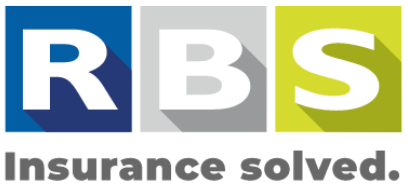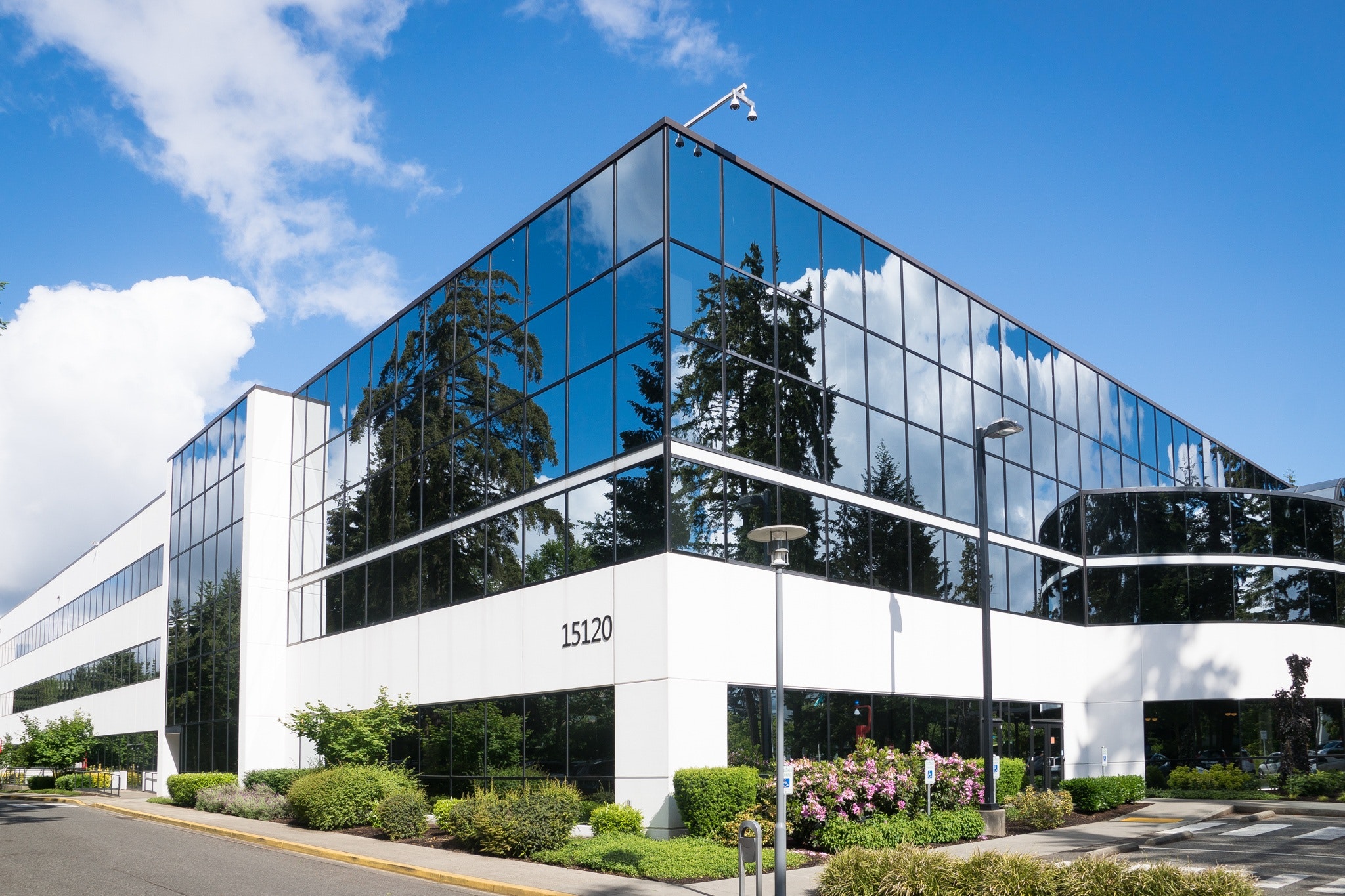Fires pose a real risk to any business, whichever sector it is in: retail, commercial, agricultural or
tourist, manufacturing, construction or services. Devastating fires can start in a number of ways: vandalism/unrest, runaway veld fires/lightning strikes, equipment malfunction/electrical fires, employee or client negligence, fires spreading from neighbouring businesses, accidents or deliberate arson.
Whatever the cause of a fire, it can completely destroy any business. It is not only important to have
adequate cover in place, and to update it regularly, but to do everything you can to reduce the fire
risk to your business, and the danger to your employees and clients.
As in the case of the July 2021 unrest in KwaZulu-Natal and Gauteng in, there isn’t always very much
individual business owners can do to mitigate the risk. When an entire shopping centre is set on fire, no individual business is likely to escape, regardless of their fire prevention measures. As a result of these incidents, Insurance claims were paid out to 14 000 businesses amounting to over R32billion, according to the South African Special Risks Insurance Association.
Another fire disaster in recent memory is the Knysna fire, in which seven people were killed, forests
obliterated, hundreds of homes gutted, and countless businesses and farms destroyed. The total
cost of claims to insurance companies amounted to R3 – R4 billion, and presumably the damage to
uninsured property amounted to a huge additional amount.
Unless a business owner has very deep pockets, a devastating fire could mean the end of any
business venture. The costs could be overwhelming, and could include not only rebuilding,
equipment replacement or repair, but also claims arising from injuries or deaths of clients or
employees, or from other businesses affected by the fire. The total cost in damages can easily
exceed the total value of the business.
Here are some things every business owner can do to reduce the risk of fires, the injury risk to clients and employees, and to lower the risk of fires breaking out in the first place:
Check your insurance.
Contact your broker regularly to make sure that you are adequately covered to replace business assets (including vehicles and machinery) in case of fire. This is extremely important as the nature and extent of your business may change, and your existing fire insurance may be inadequate. Also make sure that you have extensive liability cover in place. If your business is where the fire originates, you could be held liable for damages or for the cost of firefighting efforts extending beyond your property.
Read the small print.
Make sure that your business is complaint with the requirements in your
policy. This could include regular fire inspections, required staff training, checking, testing and
maintenance of equipment, and installation of certain fire prevention systems. If you do not fulfil
these requirements, your claim may not be paid out.
Contact a fire prevention specialist/inspector.
This should preferably be someone who is knowledgeable about the type of business that you run. (A welding business will have different needs to a stationery shop, for example). These professionals can advise on possible protection systems that you can install, such as sprinklers, smoke alarms, or so-called dry-pipe systems where water cannot be used to extinguish a fire, such as computer rooms. They can also check the placing of fire extinguishers, and access to fire hydrants, and advise on particular fire risks, such as the presence of gas bottles or tanks. This fire-prevention equipment needs to be tested regularly.
Train the staff.
Your staff are the frontline troops of the business. Make sure they are adequately
trained, not just about the fire risks associated with your particular business, but that they know
what to do in an emergency (who to phone, how to operate the fire extinguishers), and how to
evacuate the building in the safest way possible. It is necessary to have regular fire drills, and to
make sure that fire exits operate the way they should. Human error remains a high risk in any
business – and the only thing that can mitigate this is thorough and proactive training.
Check your environment.
If your business is in a rural area or on the outskirts of a town or city,
check the surrounding area for alien vegetation (it often comes with a high fire risk) that could be
cleared, or firebreaks that could be installed. Remain aware that in times of drought, the fire risk
also escalates. Remove flammable items from the vicinity of buildings. Make contact with your
neighbouring businesses or farms, and devise a fire-fighting strategy and early-warning system
together with the help of a fire-prevention specialist.
Be aware of load shedding risks.
Equipment may be switched on when the power goes out – and it
could go back on when everyone has gone home. This could pose an enormous fire risk in businesses such as restaurants. Also install surge protection.

